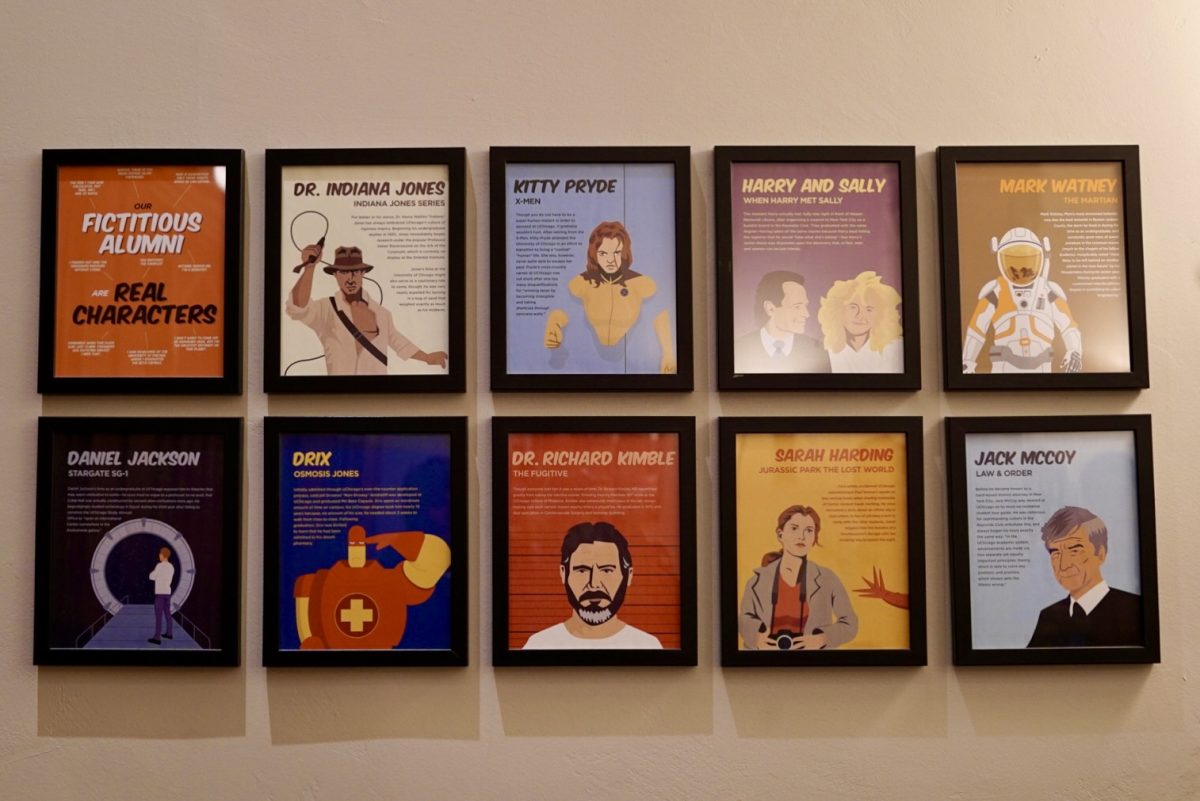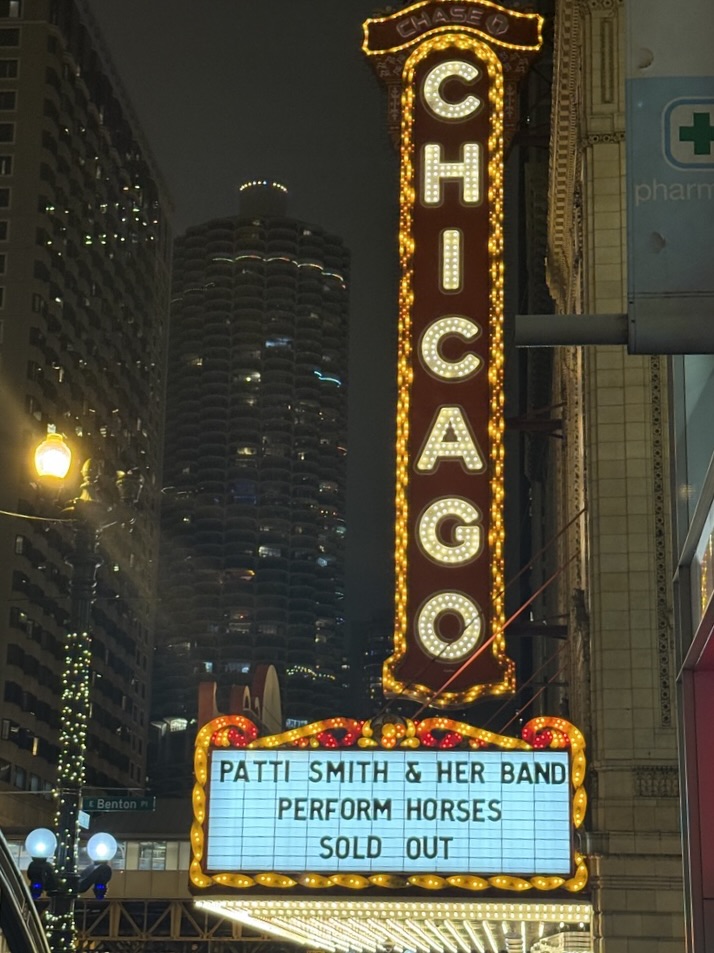Like many legendary guitarists, Blur’s Graham Coxon is mainly filed under “quiet, brooding genius” (see also: George Harrison, John Squire, Bernard Butler). Of course, there are those who see him as an unqualified guitar prodigy, right up there with Radiohead’s Jonny Greenwood, and point to headman Damon Albarn as the true brains behind Blur. Coxon’s characteristic dissonant, jagged chords mark an obvious talent, but Blur in its ’90s heyday relied heavily on Albarn’s pop sensibility, using Coxon’s art-school penchant for the avant-garde to distance the band from its Britpop contemporaries. However you rate the importance of what comes out of Coxon’s guitar, The Magic Whip (Blur’s first album in 12 years and the first since it reunited in 2009) clearly demonstrates the influence he exerts on Blur’s sound. It is, as Albarn put it in an interview, “a proper Blur album.”
I revisited Think Tank, Blur’s 2003 album without Coxon, in preparation for this review. Think Tank is, in no uncertain terms, a masterpiece—all of songwriter and lead singer Albarn’s myriad influences are splashed on the record. It’s generally classified as rock, but Think Tank is like no rock album I’ve heard: There’s some jazzy sax, the sitar, a Dead Kennedys–esque punk song, and I think maybe even the chorus of “A Little Fall of Rain” from Les Misérables. It’s glorious, and Coxon’s distinctive guitar licks aren’t much missed; bass player Alex James and drummer Dave Rowntree hold down the fort.
Now it’s 2015. Albarn has a Mercury Prize–nominated solo album, a Grammy award for Gorillaz, and more side projects than kids—he doesn’t need Blur as a vehicle for his interests anymore. Think Tank wasn’t really a Blur record; it was more of an Albarn solo record featuring James, Rowntree, and plenty of weird shit. The Magic Whip, thanks to Coxon, is a Blur album through and through.
This is better, if less sonically interesting, than an Albarn solo endeavor. The music for The Magic Whip was recorded in 2013 in Hong Kong. Blur was due to play a five-day festival there, which was canceled, so it spent those days in a recording studio. Coxon and producer Stephen Street, who worked on the first five Blur albums, molded this album without Albarn (who returned to Hong Kong to finish the lyrics in late 2014). The result of these reunions is Blur’s most Blur-sounding album since its 1994 Parklife.
With The Magic Whip, it’s as though Albarn dropped tales of England for a vaguely pan-Asian theme and told Coxon some variation of “Do your thing, man.” Blur’s lead single, “Go Out,” has a lock on the bass line from “London Loves” (off Parklife), rendering it both catchy and nostalgic. Coxon gamely adds his signature crunchy chords to opener “Lonesome Street” and “I Broadcast.” Happily, Blur realized that most of its best songs, especially from the later albums, are slow ones, and so The Magic Whip has some great examples of classic Blur balladry (“My Terracotta Heart,” “Pyongyang,” “Mirrorball”). And Think Tank hasn’t been completely disavowed; Albarn loves synthesizers the way people love their pets, and this is evident on the more out-there tracks like “Thought I Was a Spaceman.”
Lyrically, Albarn is at the top of his game; it’d take me a year and probably a dissertation to dissect everything. “There Are Too Many of Us,” inspired by the Sydney hostage situation, is pure poetry: “There are too many of us; that’s plain to see./ We all believe in praying for our immortality.” A lyrical motif of alienation runs through The Magic Whip; considering that Blur is four white English dudes, the references to Asia give the album a sort of Lost in Translation vibe.
The Magic Whip is a tad disappointing in that Blur has always been a forward-looking band that works hard to make sure each album is different from the last (except maybe for the Britpop trilogy—Modern Life is Rubbish, Parklife, and The Great Escape—but I see those as one grand project and less as individual records). Think Tank was the Everest of Blur’s sonic experimentation: With Coxon at the helm, The Magic Whip lands Blur somewhere on Kilimanjaro. Still up there, still very impressive.
And—as to be expected from Blur—by harking back to its 1993–95 period, it throws us for a loop. After 24 years, we’ve all learned the drill: Expect nothing but artsy innovation from a new Blur album. Albarn’s general weirdness still abounds on The Magic Whip, but since that’s no longer new, the album also gives us something not represented in today’s music: the Britpop-era Blur sound. Counterintuitively, The Magic Whip proves Blur’s continued relevance by reassembling all the hallmarks of its past: Albarn’s lyrical brilliance and ear for melody, James’s and Rowntree’s solid rhythm section, and a reminder that Blur isn’t Blur without Coxon on guitar.







